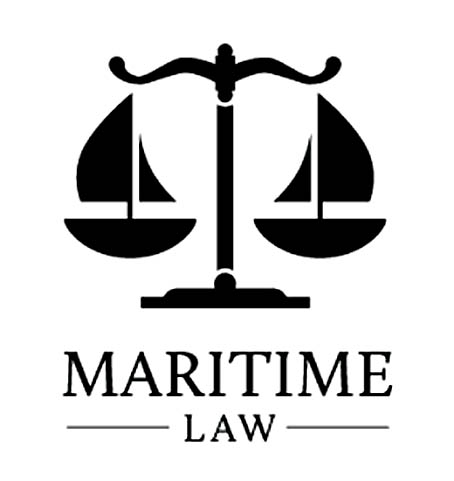No one steps aboard a vessel planning to have an accident. Whether the setting is an outboard skiff fishing on Great South Bay or a tug hauling oil barges on the Hudson, the goal is to be safe and get home in one piece. It makes for happy boaters looking forward to another weekend on the water, and it makes for happy safety managers at commuter ferry companies hoping to maintain a run of accident-free workdays.

But when injuries do occur, the perspective will depend on who is looking at the accident. Aboard the vessel, the emphasis by fellow crew members is in administering first-aid. On shore, hospital staff identify follow-up medical care after discharge from the emergency room. After medical care has been addressed, that’s when attorneys might get involved.
For attorneys representing the injured claimant, they will look at the seriousness of the injuries. They’ll examine whether disabilities are permanent or temporary, and partial or total. Defense attorneys will also visit these issues, but they will also look closely at the injured claimant’s medical history. They’ll want to know whether the victim has a past in terms of previous injuries.
This business of looking at prior injuries could be a source of strong disputes in maritime litigation. If the defense team reviews the individual’s past work history and finds prior injuries that could be of relevance, they could raise those in court. It could become a matter of, “Look, this person was not injured solely on our water taxi. He already had a bulging disc from an accident aboard a coastal tanker fifteen years ago.”
A recent case from the Fifth Circuit Court of Appeals closely examined this business of prior injuries. The matter involved a chief engineer who suffered a fall. He had been storing line aboard a twin-screw towing vessel when he came across some line obstructing a walkway.
In descending a ladder, he tripped on the line and fell about ten feet, landing on a lower deck. A CAT scan was taken at the hospital and it showed damage to discs in his cervical spine. He did not return to work with the company. The accident took place in 2014, and he sued the employer about three years later.
The whole matter would have been fairly straightforward but not for a previous accident. The prior accident was also work-related and occurred three years earlier, sometime around 2011. In the prior accident, medical records for the chief engineer showed degenerative disc disease and a herniated disc.
When defense attorneys see the word “degenerative,” they recognize its significance as an element of defense in the case. They could possibly argue that “degenerative” means related to age more than to the trauma of an injury.
Aside from the argument over the cause of injury – from the accident or from ordinary aging, another argument was raised here. Since the chief had not disclosed the earlier condition in his application to the towing company, the court would not award maintenance and cure. Maintenance is living expenses, while cure is medical expenses. It works similar to benefits provided in a workers’ comp case.
However, there was a strong argument to be made in favor of the chief in the case at hand. The court felt the vessel was unseaworthy with the presence of line on the upper deck. This meaning of the word “seaworthy” doesn’t have anything to do with the notion of a North Sea trawler bashing through four-foot seas. “Seaworthiness” in this context goes more to the concept of providing a safe workplace for employees.
The court apportioned 20% fault to the chief and 80% to the towing company. Although the court was confronted with the issue of degenerative disc disease from the 2011 accident, it still saw things in a light favorable to the chief. It felt that the subsequent fall further aggravated an existing injury. That decision went in favor of the chief.
What does this show? When faced with a current injury and a past medical history, there can be more than more way to look at things. The claimant could point to their immediate injuries. But the defense team could point to prior injuries that could raise questions. It could turn into a complex battle of medical experts on the witness stand.
